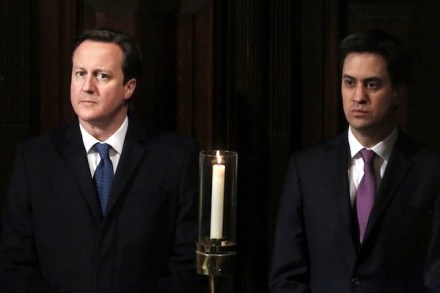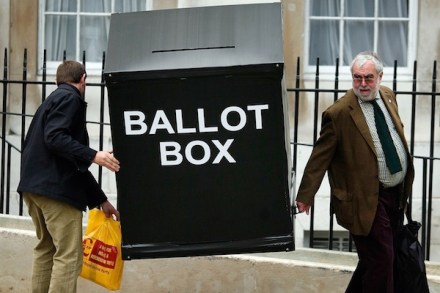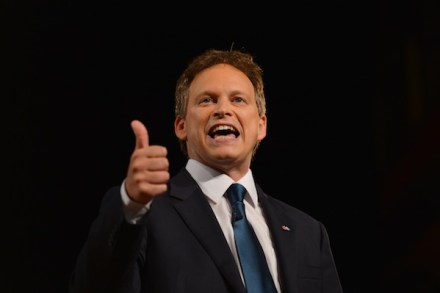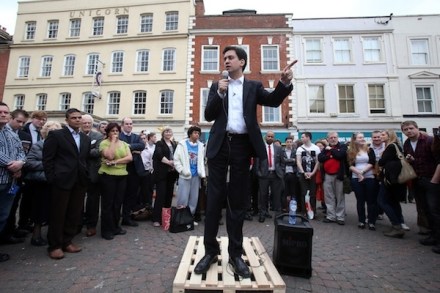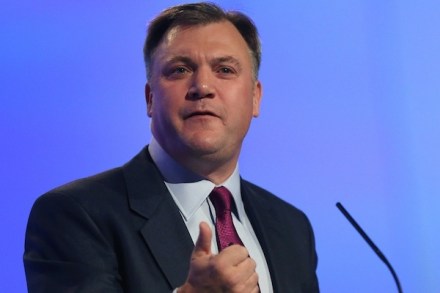All three parties should publish ‘red lines’ for 2015 coalition negotiations
Both Ed Miliband and Nick Clegg delivered speeches to their party faithful today about being realistic about 2015. Miliband’s speech, briefed as ‘tough’, was the latest in his series of attempts to tell voters that they can trust him: he wouldn’t borrow more than this government… well, no more ‘day-to-day spending’, which is his way of saying he would actually borrow more for capital projects. Clegg wanted to tell his councillors that they can’t see May 2015 as the month when they all get to breathe a sigh of relief and return to their local authority fiefdoms without any of the inconvenience of their party being in national government too.


